This is why I went back to school. The beginning workshop in ENG-329 was good, and I expected this course to build on it; I wasn't disappointed.
About ENG-349
Creativity is the name of the game here, with the end goal of a revised chapter of a novel or the start of a short story collection. I'm a novelist, so I dove into the opening chapter of a new book—what would go on to become the Untitled Haley Wingfield Novel project you see listed on my homepage here. Workshops are a vital part of the course, but surprisingly, their importance is not reflected in the grade distribution. Students have journals and a couple of non-workshop discussions, but the final project and its milestones account for a massive 550 out of 1,000 points.
My professor was Martin Hyatt, and I could not ask for a better instructor. He is patient, thoughtful, and helpful. I needed assistance working out a thorny formatting issue about telepathic communication, and he and I went back and forth several times trying to work it out. A lesser professor wouldn't have made the effort. I was so impressed with Professor Hyatt, so happy with my time in the class and our working relationship, that I asked him to write me a letter of recommendation for a scholarship opportunity. He readily agreed and wrote a fantastic letter.
Imagine how thrilled I was to find him at the helm again for ENG-359 two months later—but that's getting ahead of myself.
The Textbooks
The Art of Writing Fiction by Andrew Cowan, 2011.
I confess, writing this recap more than half a year after taking the course, that I don't remember the book very well. I don't think that's a slight against the book so much as it is an issue of how I used the book. My focus was entirely on my own writing, and any required reading from this textbook was largely ignored.
I know, it's not the best look. Who do I think I am, skipping the reading?
Skimmed. I skimmed. It worked out fine as there are no assignments directly related to the book—nothing like, “Read chapter 2 and then answer these questions about what you read.” What I've read of the book is fine. I think it's an average book about writing, and I'm happy that I bought the book digitally.
The Short Stories
It's always nice when a book carries over from one class to another. We used 100 Years of the Best American Short Stories in ENG-329 and used it again here. The reading list is considerably shorter:
- “Awaiting Orders,” by Tobias Wolff (week two)
- “Sonny's Blues,” by James Baldwin (week five)
- “I Stand Here Ironing,” by Tillie Olsen (week seven)
All three are extraordinary stories, but “Awaiting Orders” felt unfinished. The ending is perfectly serviceable, but I wanted more of a resolution to a couple of plot threads.
The Final Project
Like the final project for ENG-329, this came in a little heavy. The rubric called for a . . . I want to say 8–10 page start to a novel or short story collection. Apparently, I didn't note the requirement at the time of the course so I'm at a disadvantage here. I do know that I went over a bit though and that I wrote (and revised three times) a 17-page first chapter of a novel.
Got an A. Full points.
Going over the page count—by a reasonable amount—hasn't hurt me in any class yet, and with that, we begin the advice section.
As I'm planning to publish this novel in the near future, I'm not sure about making the opening chapter available here. There will certainly be more revisions as the rest of the novel takes shape, after all.
Advice for Students Registering for ENG-349 at SNHU
- Your peers will submit drafts riddled with spelling and grammar errors. Do not comment on them. Seriously. Don't. It might drive you mad (as it did me), but the point of the workshop is to cover the big picture stuff. A bit like a developmental edit.
- The journal assignment in week four doubles as part of your second draft for week five. Don't treat it as something in isolation.
- Even more than ENG-329, this is your opportunity to decide if you really want to be a writer. If you can't handle the workshops, can't handle the grind of putting pen to paper. . . well, this class will disabuse you of the notion that writing is easy.
- This class is designed to pair with ENG-359, and my feedback to the school noted as much. It would be great if the class roster could remain the same from one to the other so that students could have more time together. If, at the end, you agree, consider offering the same feedback.
- Seriously, about the spelling and grammar in the drafts? Don't be the person that doesn't use spellcheck.
In the End
I adored this class and I'm wildly enthusiastic about the story I started here. It carried over to ENG-359, where I took it through further edits and expansion. You'll read it someday soon.
Everything about the course was wonderful.
Final Grade: A (99.7%)

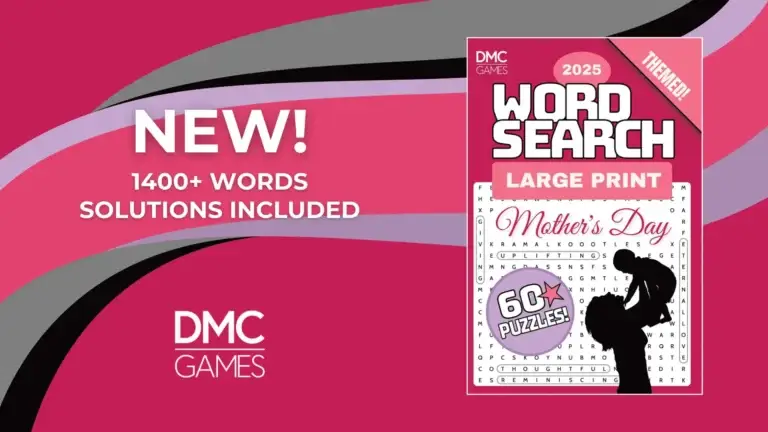
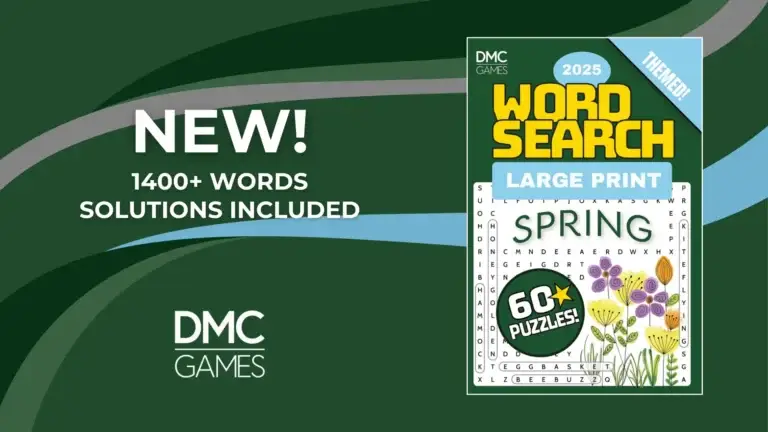
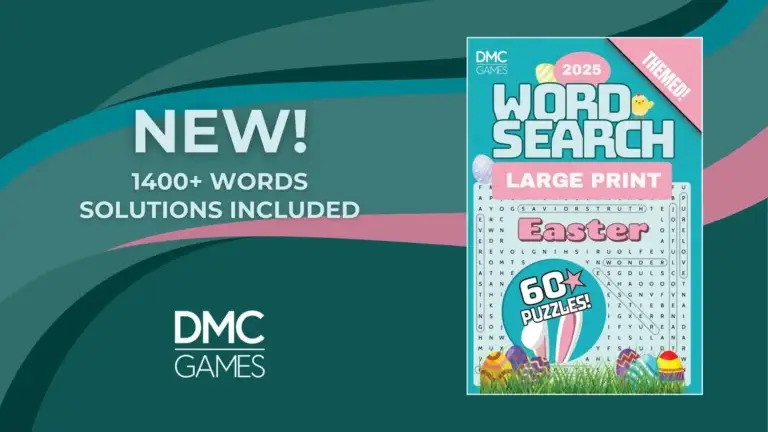
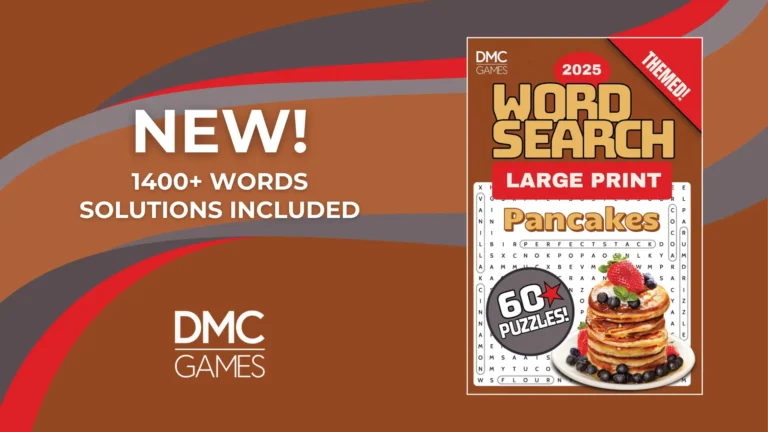

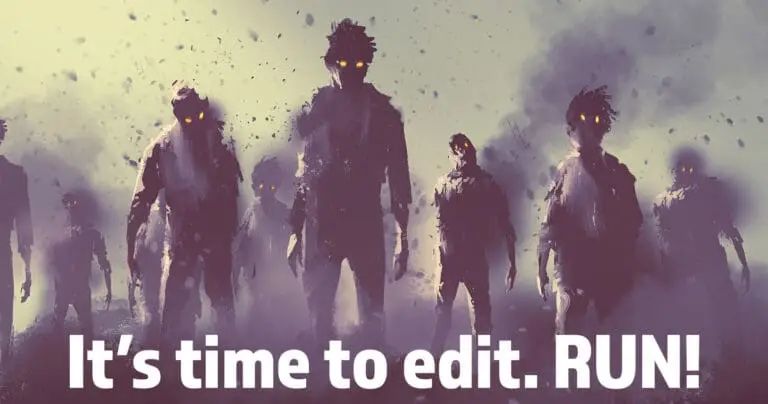

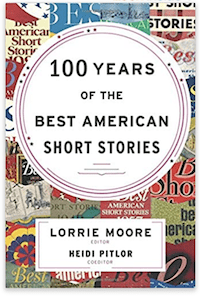

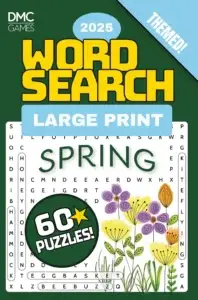
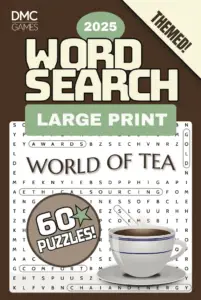
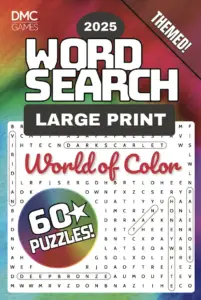
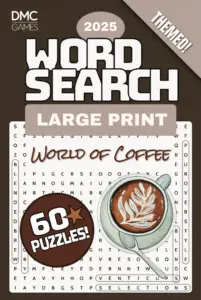
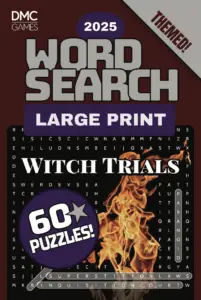
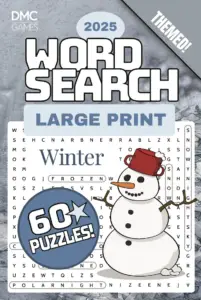
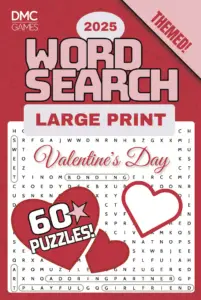
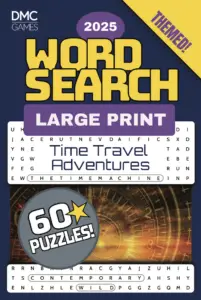
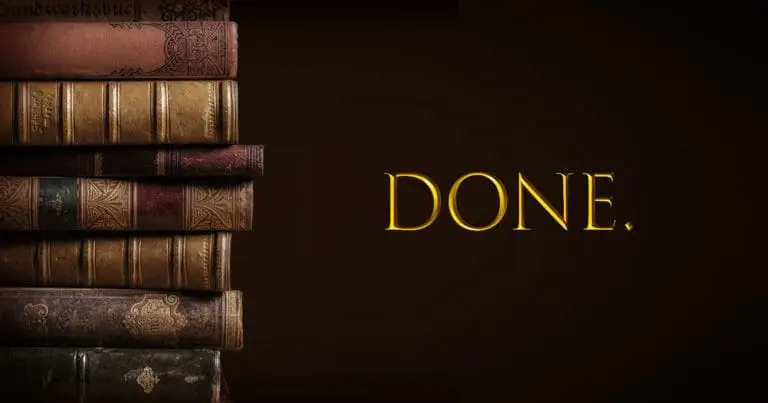



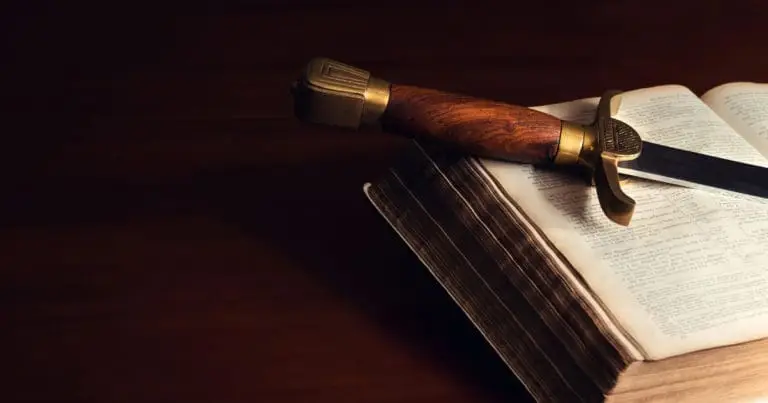
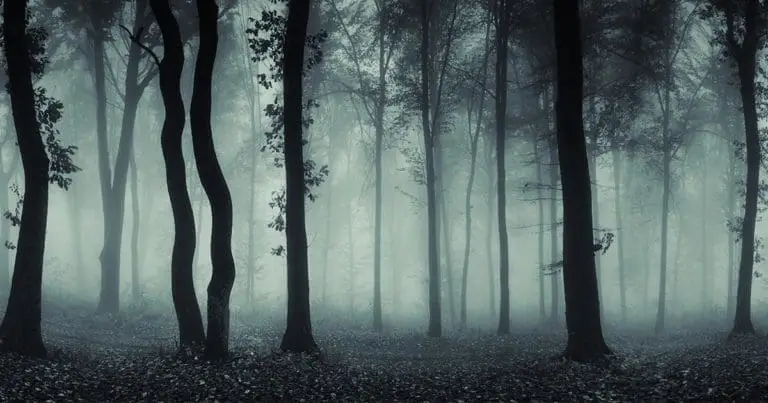
2 Responses
Glad to see you’re still posting. Your blog has been very helpful. I am also a middle aged college student pursuing a creative writing degree from SNHU.
Thanks, Jenelle! I stopped posting my recaps a few months ago because things started heating up in school, the holidays hit, and honestly, I started feeling the effects of this whole pandemic thing, you know? But I’ll be wrapping up the course recaps over the next 5-7 weeks. Seven courses to go, but I’m thinking I might double-up a couple of the recaps. We’ll see.
Best of luck with the degree!